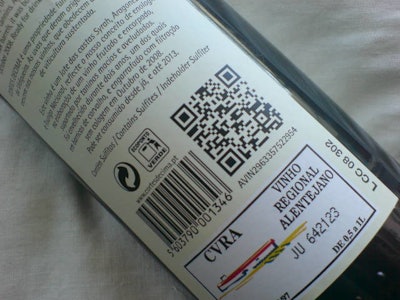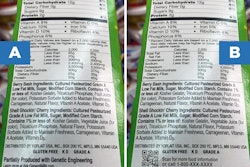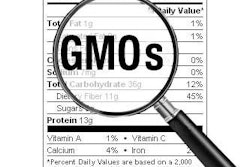
The GMO labeling bill that President Obama signed into law last week falls short of addressing some of the critical issues related to bioengineering of food, according to Phil Lempert, a food industry observer known as the “The Supermarket Guru,” writing in Forbes.
The nuances between just three of the possibilities: conventional plant breeding, biotechnology to uncover certain desirable (or undesirable) traits in the genome and actually inserting one piece of DNA from one plant (or species) to another need to be understood, and unfortunately all seem to be lumped together under GMO. Until we can explain these properly there will be no better understanding or more transparency.
One thing is for sure is that the legislation as written will require food packages to declare, through a QR code, a symbol, 800# or plain text whether a food contains genetically engineered ingredients. Many argue that not using a QR code greatly limits the amount of access to the information; but more troubling to me is that fact that there are no penalties for lack of compliance, and no authority to recall products that are not properly labeled. Other examples of self-regulated labeling has led to much confusion over the claim “natural” as well as many nutritional claims prove the point.
To read more, click here.



















